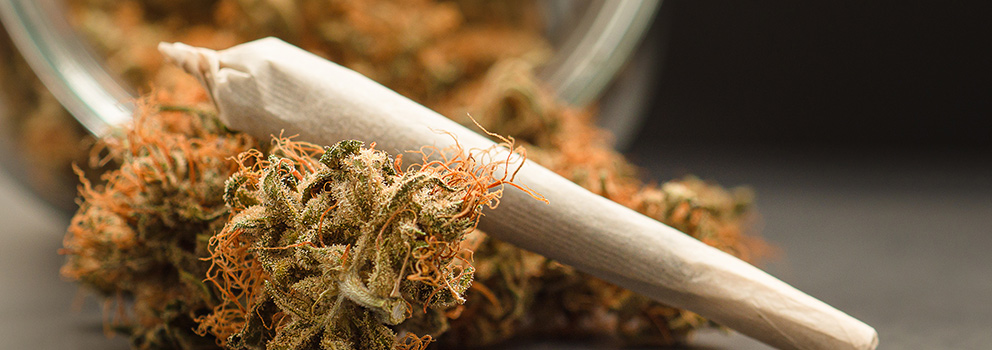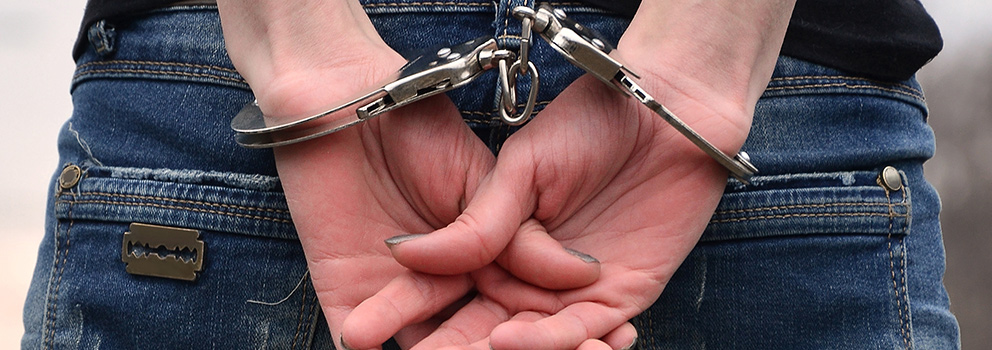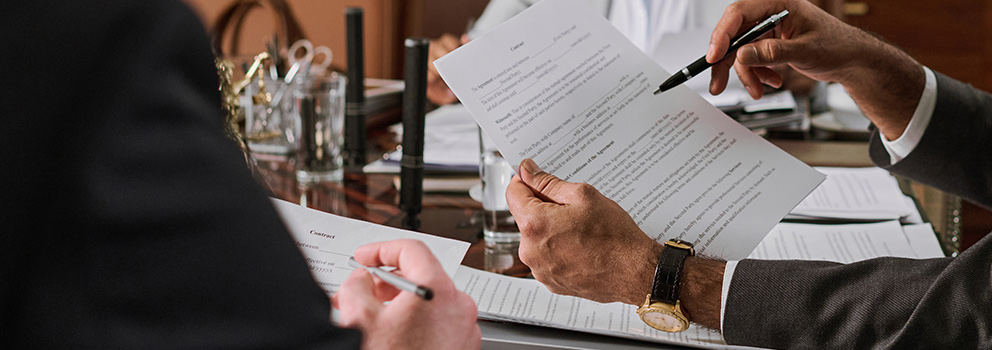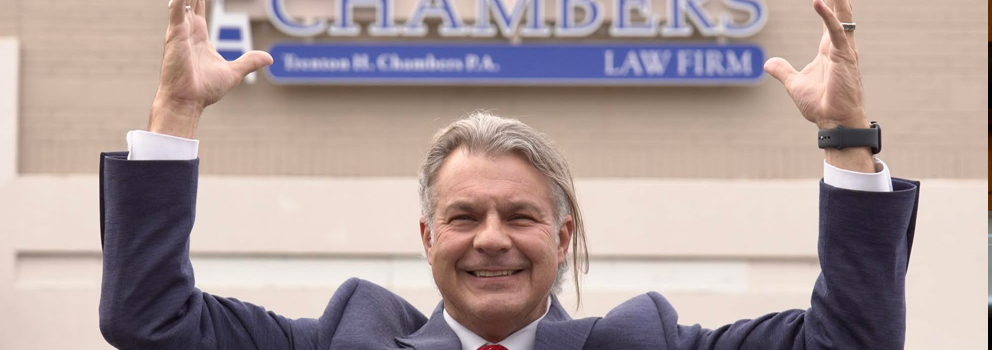
Despite changing marijuana laws nationwide, South Carolina still enforces strict penalties for possession.
Even small amounts of cannabis can lead to jail time, fines, and a criminal record that affects employment, housing, and financial aid eligibility. However, a marijuana charge does not mean you are guilty—you have options. At The Law Offices of Trent Chambers, P.A., we fight to protect your rights and challenge unjust drug charges.
Call 843-449-0420 today for a free consultation.

What is Considered Marijuana Possession in South Carolina?
South Carolina law does not recognize recreational marijuana use. Possession of any amount is illegal, and law enforcement actively prosecutes even first-time offenders. Marijuana possession falls into two main categories:
- Simple Possession: Personal-use amounts (less than 1 ounce/28 grams)
- Possession with Intent to Distribute (PWID): Larger amounts suggesting sales or distribution
Even if marijuana was for personal use, police may charge you with PWID based on weight alone.

Penalties for Marijuana Possession in South Carolina
Simple Possession of Marijuana
• First offense: Up to 30 days in jail, $200 fine
• Second offense: Up to 1 year in jail, $2,000 fine
Possession with Intent to Distribute (PWID) Marijuana
• First offense: Up to 5 years in prison, $5,000 fine
• Second offense: Up to 10 years in prison, $10,000 fine
• Third offense: Up to 20 years in prison, $20,000 fine
Marijuana Cultivation
• Growing any amount of marijuana is classified as manufacturing
• First offense: Up to 5 years in prison, $5,000 fine
• Second offense: Up to 10 years in prison, $10,000 fine
• Third offense: Up to 20 years in prison, $20,000 fine
A marijuana conviction cannot be expunged and will remain on your criminal record unless dismissed or resolved through a diversion program.

How We Defend Against Marijuana Possession Charges
At Chambers Law, we use aggressive legal strategies to challenge marijuana possession cases, including:
• Illegal search and seizure: Did police have probable cause to search you?
• Faulty lab testing: Can the prosecution prove the substance was marijuana?
• Unlawful traffic stops: Did the officer violate your Fourth Amendment rights?
• Medical marijuana defense: Does your condition qualify under South Carolina law?
• Constructive possession: Were the drugs actually yours, or were they found near you?
We analyze every detail to find weaknesses in the prosecution’s case and fight for dismissals, reduced charges, or alternative sentencing.

Can You Expunge a Marijuana Possession Charge?
Expungement is possible in certain cases, but not all. You may be eligible if:
- Your charge was dismissed, dropped, or resulted in a not guilty verdict
- You completed a Pre-Trial Intervention (PTI) or Conditional Discharge Program
- You were convicted of first-time simple possession and meet the 3-year waiting period with no further arrests
Marijuana trafficking, PWID, and cultivation charges cannot be expunged. Our goal is to prevent a conviction so you don’t have to worry about a lifelong criminal record.

South Carolina Medical Marijuana Laws
South Carolina does not have a broad medical marijuana program, but limited use of cannabis-derived CBD oil is legal for certain medical conditions. The “Julian’s Law” Act allows patients with severe epilepsy to use CBD oil with less than 0.9% THC. However, this does not apply to standard marijuana possession charges.
Trenton H. Chambers, as a NORML lifetime member and marijuana reform advocate, stays up to date on South Carolina’s evolving cannabis laws and fights for progressive legal defenses in marijuana cases.

How We Can Resolve a Marijuana Posssession Case
Depending on the facts of your case, we explore legal options such as:
- Pre-Trial Intervention (PTI): A diversion program that results in dismissal and expungement
- Conditional Discharge: Available for first-time offenders, allowing dismissal after probation
- Plea Bargaining: Negotiating a lower charge to avoid jail time
- Trial Defense: Fighting the case in court if necessary
Our priority is keeping your record clean and avoiding unnecessary jail time.

